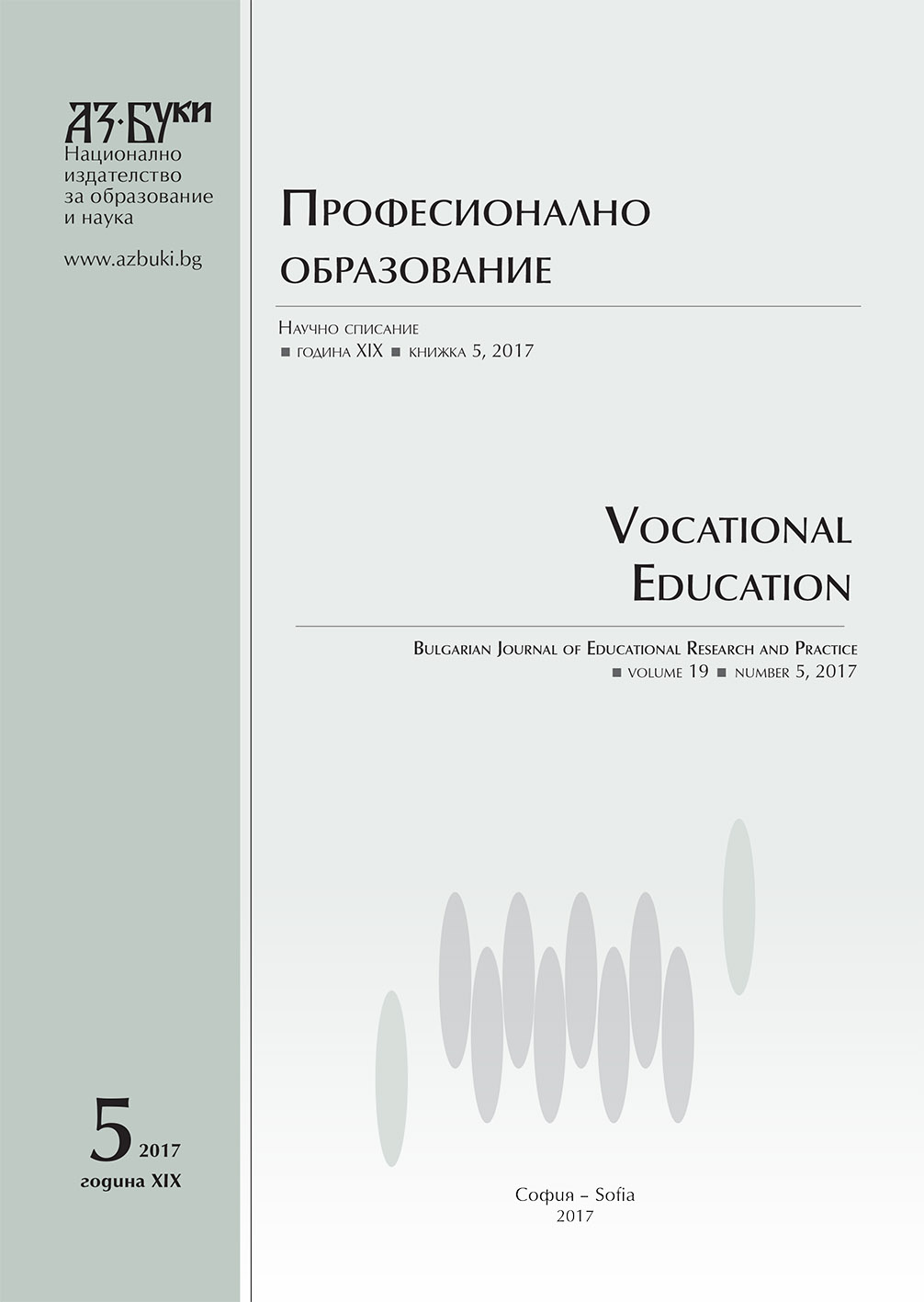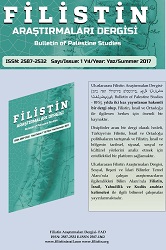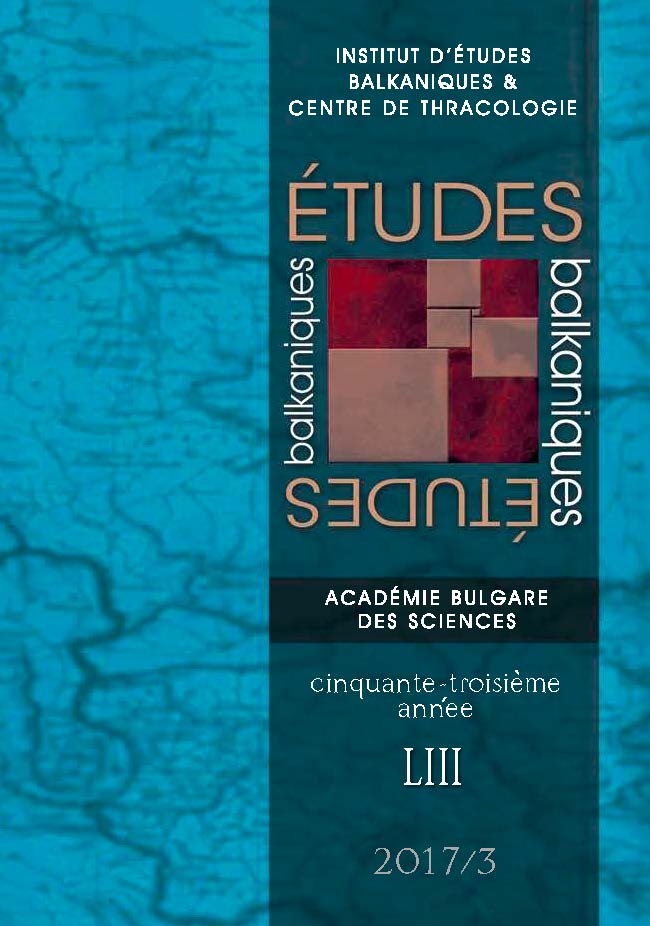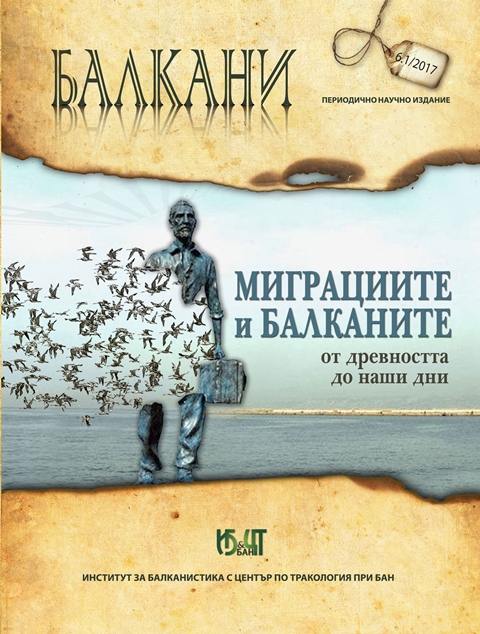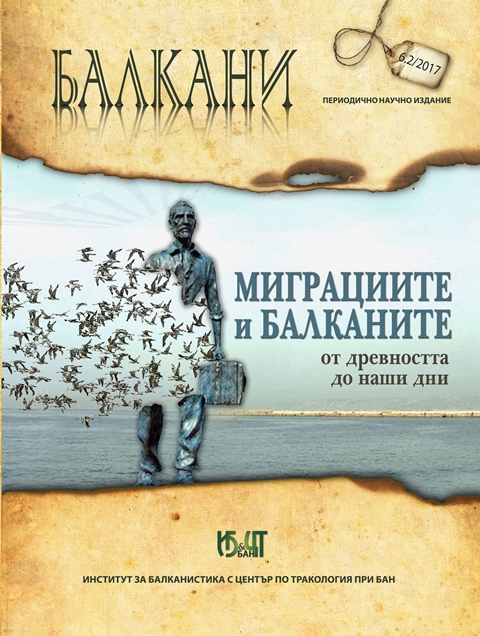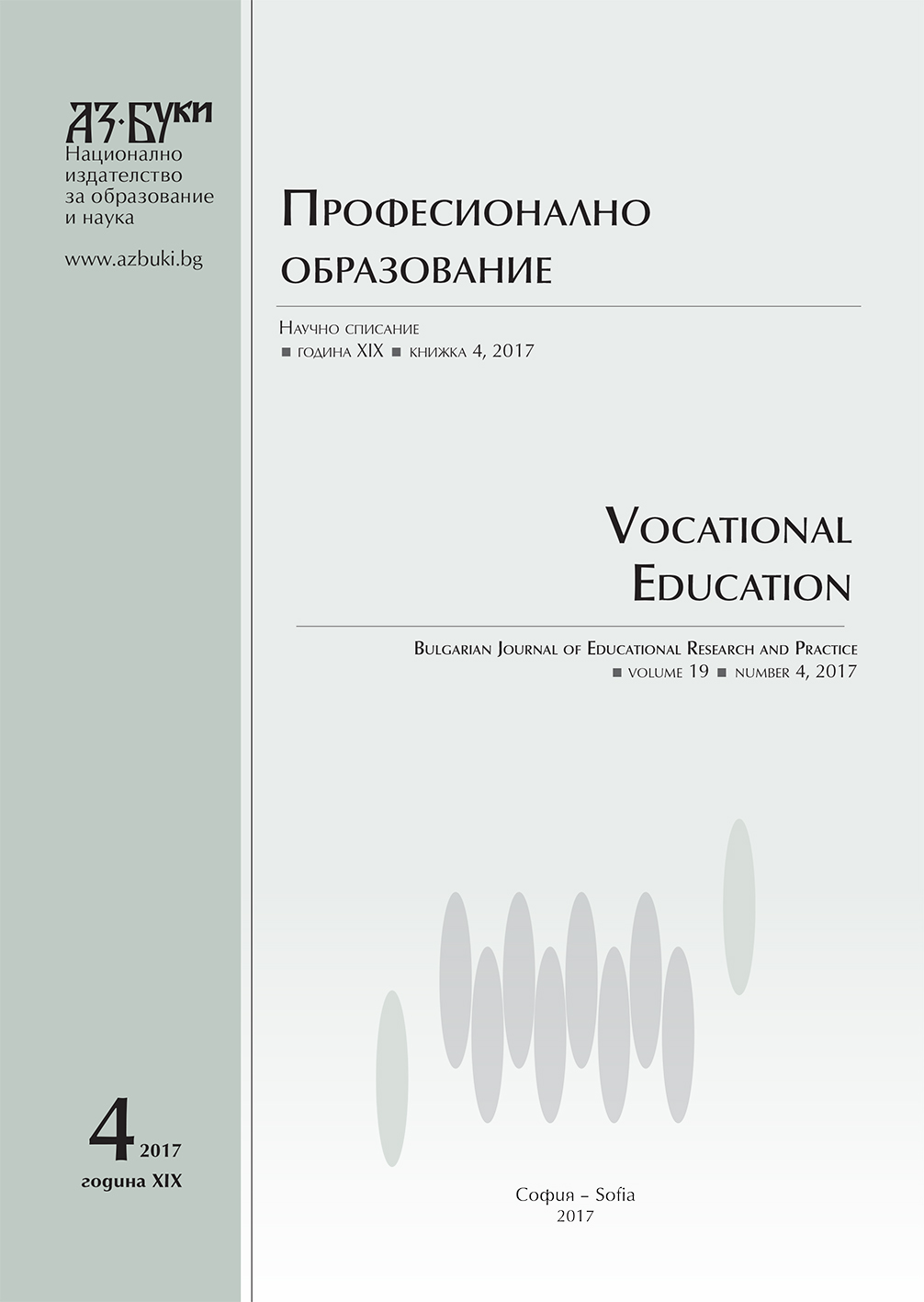
Разрешаване на конфликтни ситуации в училище от ученици медиатори
Aggression at school becomes frequent and seems hopeless. Obviously, we can not approach different conflict situations at school in the same way, only by applying disciplinary sanctions and expecting a different result. We need to use actual working instruments. Mediation is a powerful tool for resolving conflict situations at school. Since December 2004 a Law on Mediation is valid in our country. The Ministry of Justice is supporting a Unified Register of Mediators where organizations and individuals entitled to train mediators have been registered in accordance with ethical rules and standards. The article presents various real conflict situations from Bulgarian schools and the way in which they can be resolved by student- mediators.
More...
